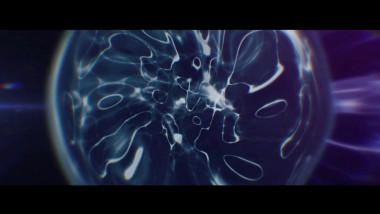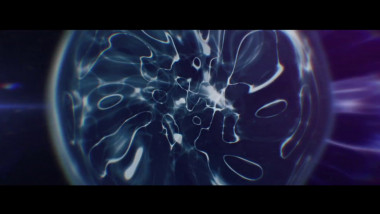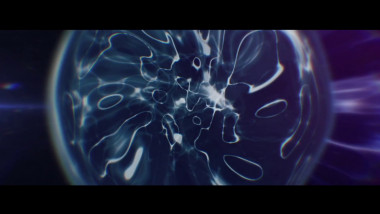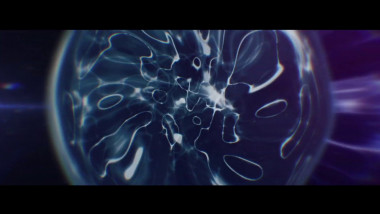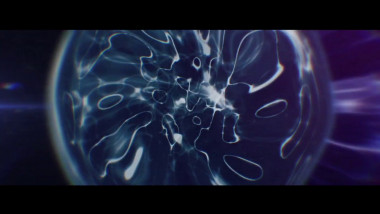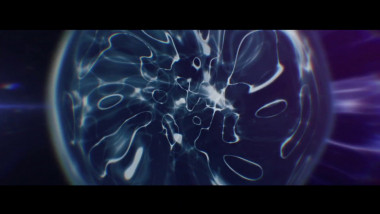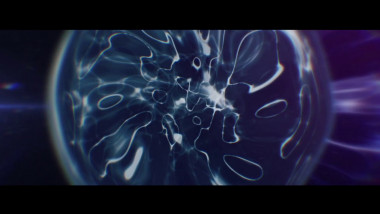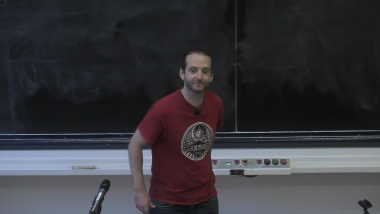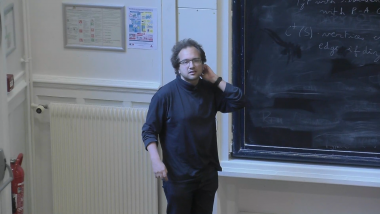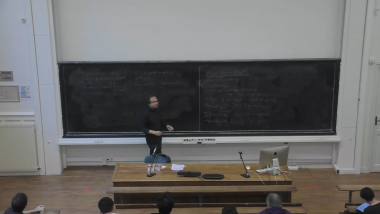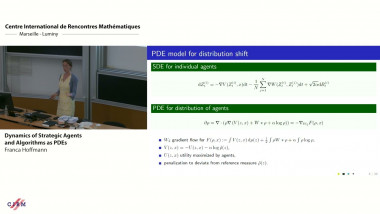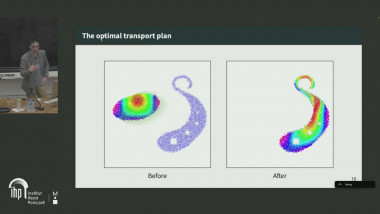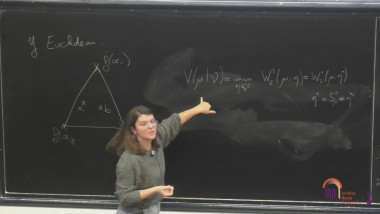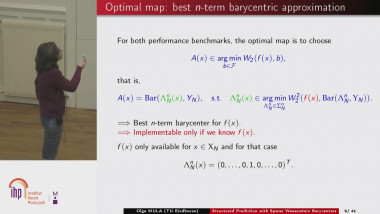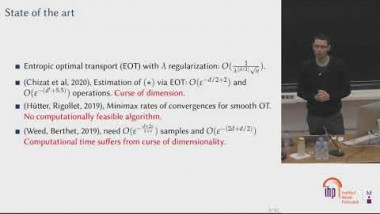Is geophysical fluid motion Newtonian?
De Thomas Dubos
Geophysical hydrodynamics rely on a variety of models which approximate classical, Newtonian fluid motion in rotating frames. Even accurate approximations, especially pertaining to the Coriolis pseudo-force, can have profound consequences, such as the loss of inertial frames. This questions the relationship between geophysical hydrodynamics and Newtonian hydrodynamics. I will address this matter by also investigating the relationship of geophysical hydrodynamics to relativistic hydrodynamics, which does not postulate the existence of inertial frames.
A space-time variational principle for the motion of a perfect fluid is introduced. The geophysical action is interpreted as a synchronous limit of the relativistic action. The relativistic Levi-Civita connection also has a finite synchronous limit, which provides a connection with which to endow geophysical space-time, generalizing Cartan (1923). A covariant mass-momentum budget is obtained using covariance of the action and metric-preserving properties of the connection.Since geophysical models differ from the standard compressible Euler model only by a specific choice of a metric-Coriolis-geopotential tensor akin to the relativistic space-time metric, it is argued that the covariant mass-momentum budget provides an appropriate fundamental principle of dynamics common to Newtonian and all geophysical hydrodynamics, including those models lacking an inertial frame. The postulate that Euclidean inertial frames exist can then be regarded as part of the Newtonian theory of gravitation, which some models of geophysical hydrodynamics slightly violate.











